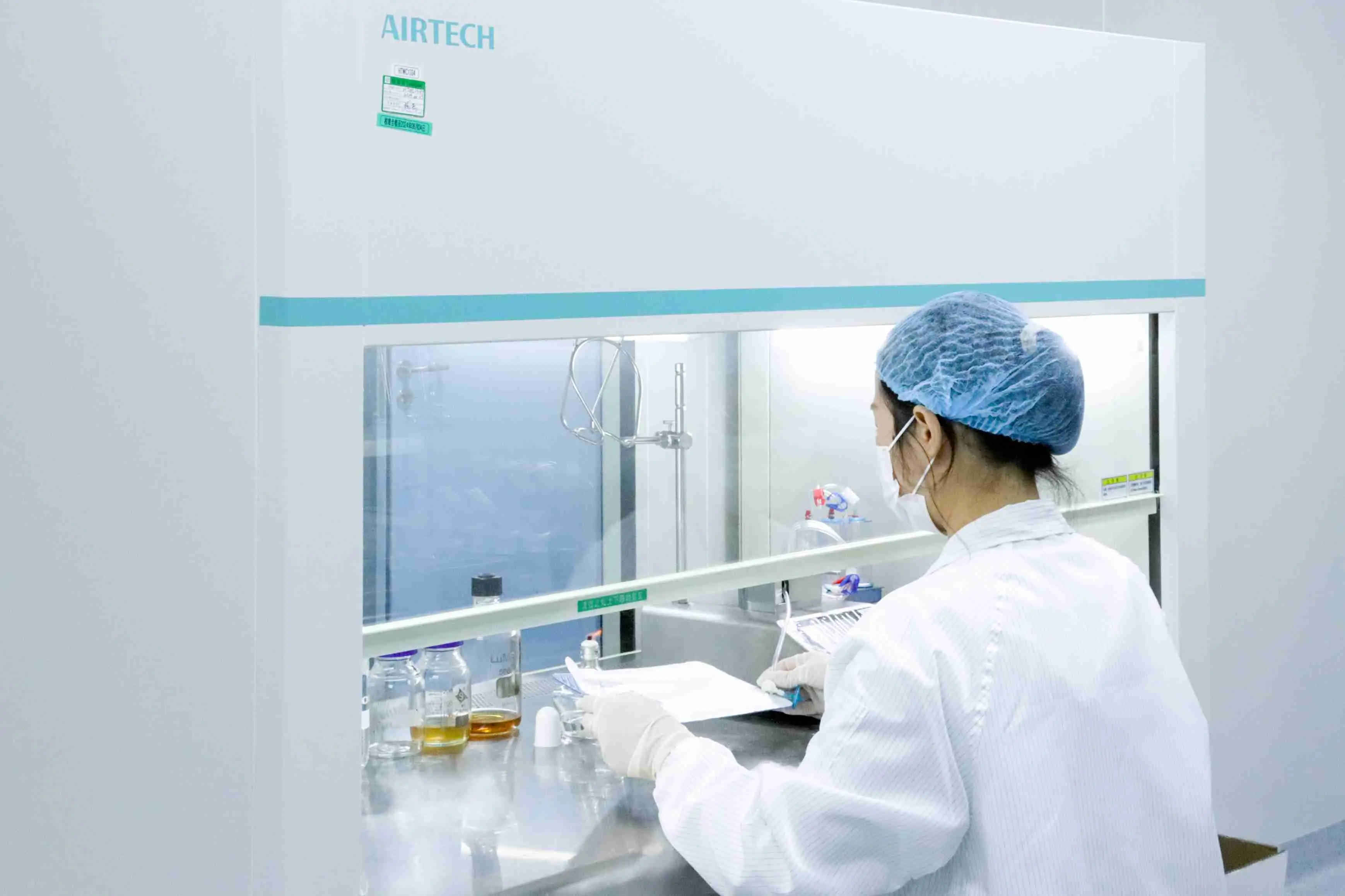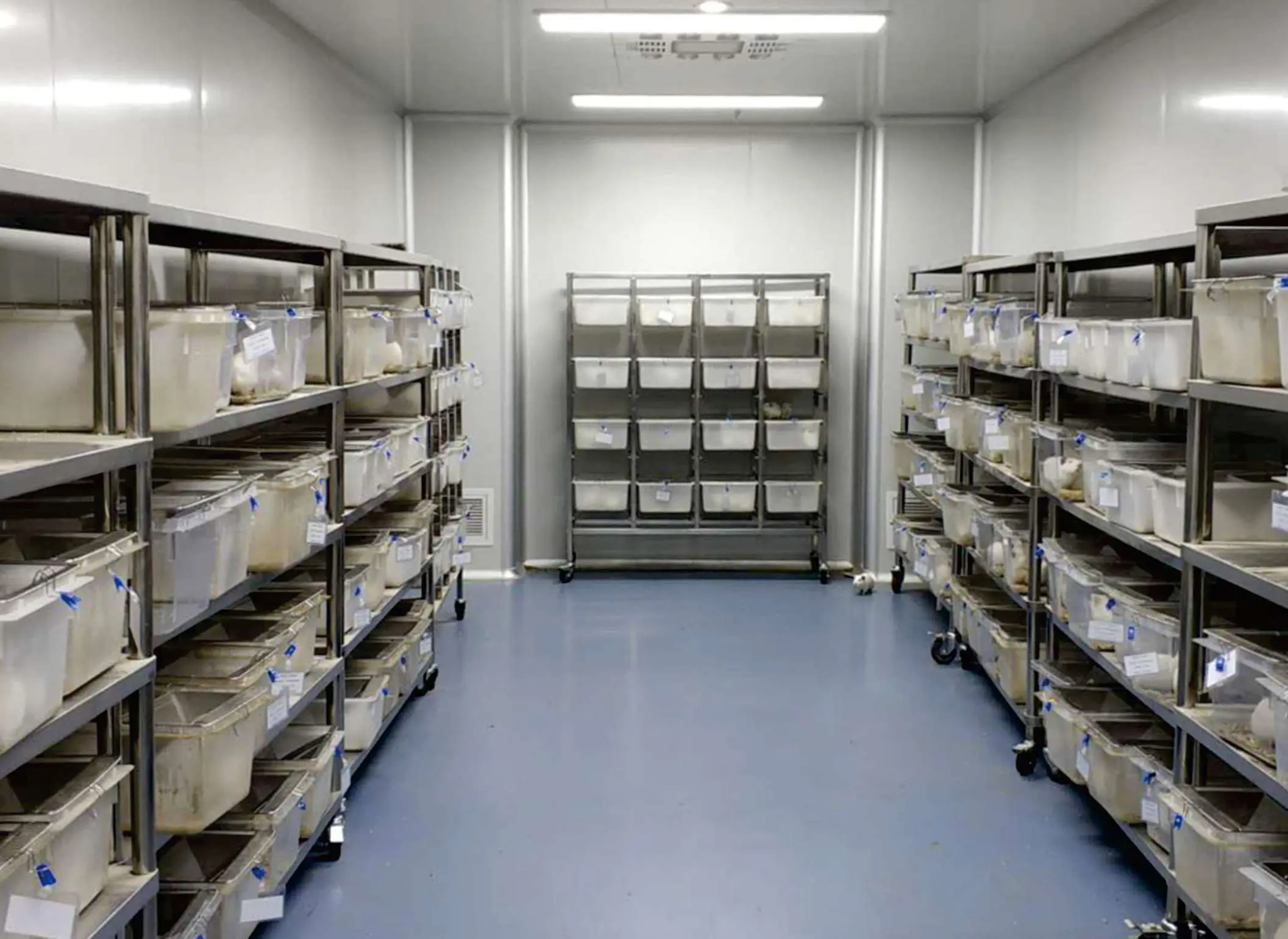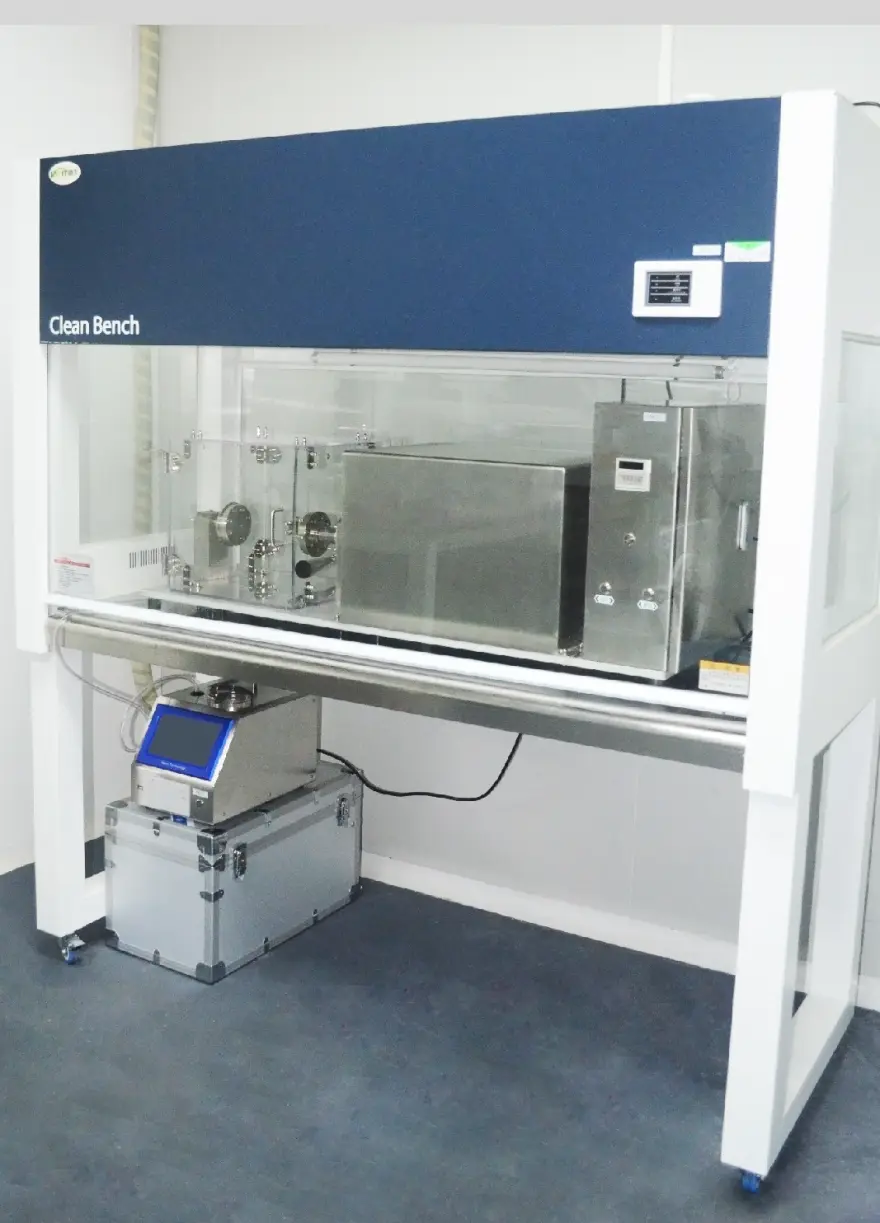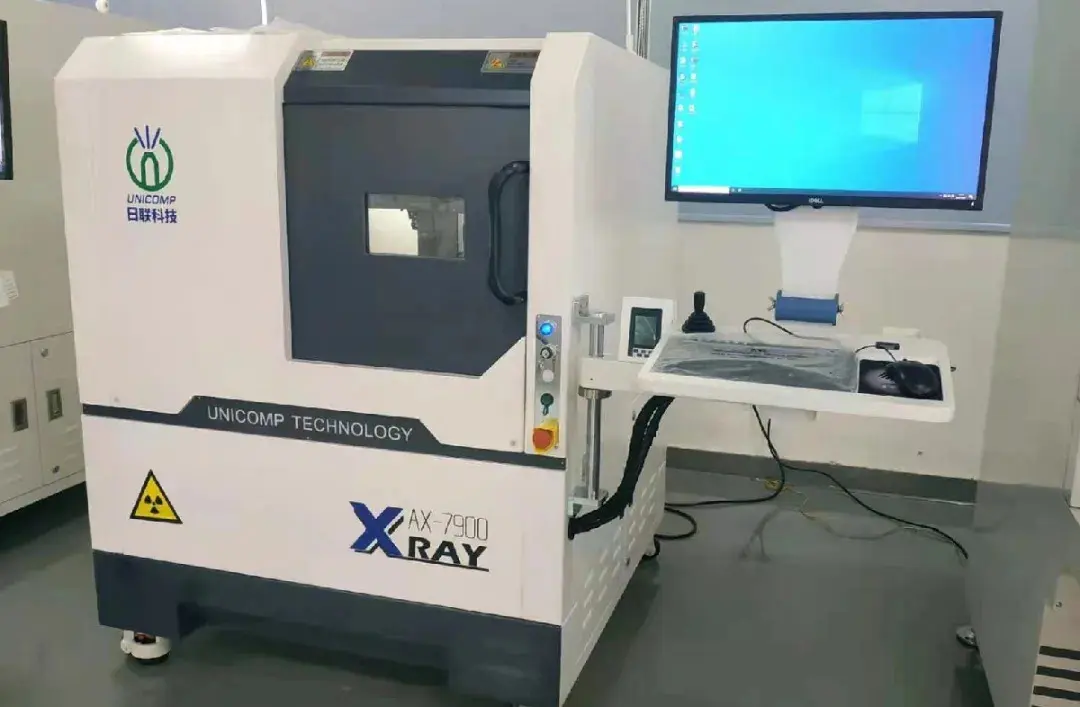
What is the U.S. DOE Certification?
DOE stands for the Department of Energy. DOE certification refers to the energy efficiency certification issued by the DOE based on relevant U.S. electrical and electronic regulations. The primary purpose of this certification is to improve product efficiency, reduce energy consumption, promote energy savings, and mitigate the greenhouse effect.
Is DOE Certification Mandatory? Do Products Exported to the U.S. Need This Certification?
DOE certification is a mandatory energy efficiency certification in the U.S. Level IV was enforced on July 1, 2011, and Level VI on February 2016. Therefore, products listed in the catalog must undergo DOE certification to smoothly enter the U.S. market.
Globally, energy consumption is usually categorized into three sectors: building (residential and commercial), industrial, and transportation. In residential and commercial buildings, energy consumption primarily comes from household appliances, energy-consuming equipment, and lighting. DOE is a requirement from the U.S. Department of Energy. While there is no certification label, products sold in the U.S. must meet the department’s minimum energy requirements, thus requiring DOE certification.
Reference Regulations:
1. U.S. Federal Regulations: 10 CFR 429 and 10 CFR 430
2. 10 CFR 429 outlines the sampling and reporting standards.
3. 10 CFR 430 specifies the testing methods and compliance declaration standards.
Scope of Products:
DOE regulates many electrical appliances and consumer electronics, including EPS (External Power Supplies), TVs, refrigerators, air conditioners, washing machines, home heating equipment, microwave ovens, battery chargers, ceiling fan light kits, fluorescent lamp ballasts, etc.
DOE Certification Documents:
Unless otherwise stated, at least two testing samples are required. Technical documents are needed for each product class and the manufacturer/brand name.
DOE Certification Cycle:
The cycle is typically around 4 to 5 weeks, with special cases treated accordingly.
Purpose of Certification:
1. Improve the energy efficiency of household appliances without compromising product functionality, quality, safety, or total operating costs, thereby reducing total energy consumption.
2. Encourage consumers to choose more energy-efficient products.
3. Push manufacturers and the market to phase out high-energy-consuming products.
4. Raise public awareness of energy conservation and environmental improvement.
5. U.S. federal regulations (10 CFR 429 and 430) mandate manufacturers and brands to submit two key declaration documents to the DOE: the Certification Report and the Compliance Statement. The required documents must be submitted in the DOE’s prescribed format, and relevant templates can be downloaded from MMCS. Certification reports can be submitted by a third-party entity on behalf of the manufacturer/brand.
Common Questions and Answers:
1. Sample Quantity and Testing Cycle:
- According to §429.11 sampling requirements, at least two or more samples are required for testing. The testing cycle is about 10 business days (some products may take longer).
2. Is Registration Required?
- Yes, registration is required, and customers must have a U.S. importer.
3. Difference Between California’s CEC BC and DOE:
- They target different regions, and the result determination standards differ: California’s CEC focuses on charging energy consumption (CEC-400-2017-002: (W)), while the U.S. DOE focuses on unit energy consumption (EERE-2008-BT-STD-0005-0256). However, since the testing methods are the same, the testing data can be shared.
Email:hello@jjrlab.com
Write your message here and send it to us
 IVD Medical Device GB 4793:2024 Test Report
IVD Medical Device GB 4793:2024 Test Report
 IECEE CBTL Testing Laboratory for IVD Medical Devi
IECEE CBTL Testing Laboratory for IVD Medical Devi
 China OECD GLP-Certified Laboratory
China OECD GLP-Certified Laboratory
 Packaging Validation ISO 11607 Test Report
Packaging Validation ISO 11607 Test Report
 What is the ISO 11607-1 Packaging Validation Test?
What is the ISO 11607-1 Packaging Validation Test?
 How to get an ISO 11737-1 Test Report?
How to get an ISO 11737-1 Test Report?
 Orthopedic Implant Cleanliness Testing
Orthopedic Implant Cleanliness Testing
 What is ISO 10993-23:2021 Irritation Testing?
What is ISO 10993-23:2021 Irritation Testing?
Leave us a message
24-hour online customer service at any time to respond, so that you worry!




